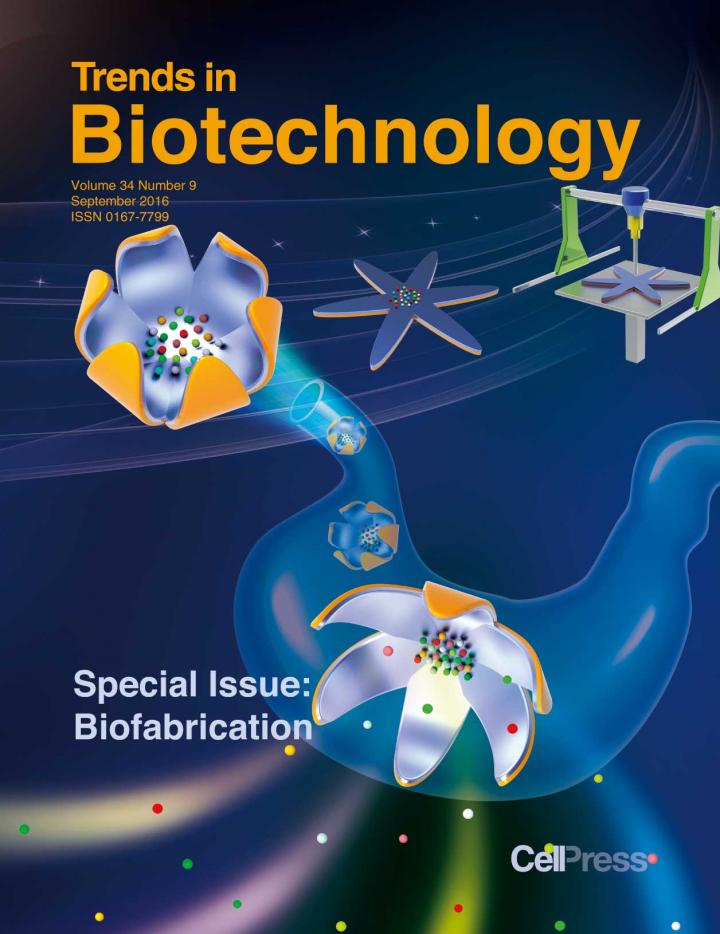Governance strategies for biological AI: beyond the dual-use dilemma.
IF 14.9
1区 工程技术
Q1 BIOTECHNOLOGY & APPLIED MICROBIOLOGY
引用次数: 0
Abstract
A common framing for governing artificial intelligence (AI) in the biological sciences is to focus on risk mitigation owing to the technology's potential 'dual-use' for both beneficial and harmful applications. This is a reactive policy approach, and a broader framing that urges policymakers to actively champion the benefits alongside mitigating risks is needed, including through targeted investments aimed at securing public priorities.
生物人工智能的治理策略:超越双重用途困境。
在生物科学领域管理人工智能的一个共同框架是,由于该技术在有益和有害应用方面可能具有“双重用途”,因此重点关注降低风险。这是一种被动的政策方法,需要一个更广泛的框架,敦促政策制定者在降低风险的同时积极维护利益,包括通过旨在确保公共优先事项的有针对性的投资。
本文章由计算机程序翻译,如有差异,请以英文原文为准。
求助全文
约1分钟内获得全文
求助全文
来源期刊

Trends in biotechnology
工程技术-生物工程与应用微生物
CiteScore
28.60
自引率
1.20%
发文量
198
审稿时长
1 months
期刊介绍:
Trends in Biotechnology publishes reviews and perspectives on the applied biological sciences, focusing on useful science applied to, derived from, or inspired by living systems.
The major themes that TIBTECH is interested in include:
Bioprocessing (biochemical engineering, applied enzymology, industrial biotechnology, biofuels, metabolic engineering)
Omics (genome editing, single-cell technologies, bioinformatics, synthetic biology)
Materials and devices (bionanotechnology, biomaterials, diagnostics/imaging/detection, soft robotics, biosensors/bioelectronics)
Therapeutics (biofabrication, stem cells, tissue engineering and regenerative medicine, antibodies and other protein drugs, drug delivery)
Agroenvironment (environmental engineering, bioremediation, genetically modified crops, sustainable development).
 求助内容:
求助内容: 应助结果提醒方式:
应助结果提醒方式:


